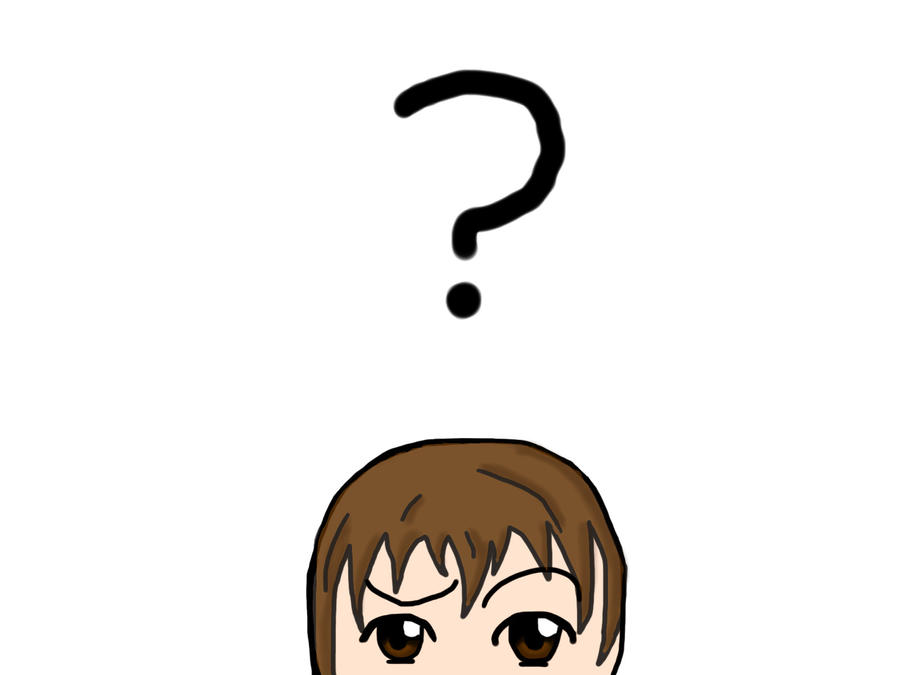Character.
Setting.
Plot.
Conflict.
Theme.
The five main elements of every story.
You need all of them. But what element leads the pack in importance?

A tricky question. If you asked 100 writers, each would have a different answer. I will share with you my thoughts. Agree or not, I hope to at least make you think.
I believe the most important is the least visible: theme. On first thoughts, the theme can seem like the least important. Often times, the theme is not tangible. You cannot touch it and talk to it like you can with your characters. You cannot see it, like you can see the setting of a story. It does not, on first analysis, push your story along like the plot and conflict do. But I hold that your theme is such an important aspect of writing that without a solid understanding of why you are writing, nothing else will fall into place.

Because that is ultimately the question; why are you writing your story? Just like if you were building a structure, the reason why would dictate what it would look like. A home for a family is vastly different than an office building.
So what is your message? What do you want your readers to come away with? I have heard some claim that it is not our job as authors to actually go about trying to influence our readers… but I hold that that it is simply impossible. Does your villain win or lose? Does the love interest conquer and win the love of the heroine? Is your character stagnant or do they grow throughout your story? If so, how? Each and every decision you make, tells your reader something. So, I say that you should be deliberate in what you tell your reader.
What is your theme? Know it. Surround yourself with it. What lesson will your character learn? Do you want to make your readers laugh or cry? Do you want to offer gentle hope or expose stark realities? A story can be complex and make a reader experience many things, but one theme must take precedence. Gathering answers to all these questions; truly understanding your theme, then will help you understand your characters. It will help you place your novel in the right setting. It will help you chose the right story and conflict. And most importantly, when you are stuck in the middle of your manuscript, feeling lost (because we all know that it happens!) you can ask yourself just one question: What is my theme? And in doing so, you can start to see the light at the end of the tunnel. You can plot out your next move.

As authors, we know that things change during the process of writing. At least for my sister and me, all aspects of the story grow and develop as we write. All aspects alter somewhat, except for our theme. Our theme is our constant and as long as we try to stay true to why we started writing our story, everything else can fall into place.
What are your thoughts? Do you agree or do you believe that another element holds more importance than theme? We would love to hear your ideas.
By May Nicole Abbey
 |
| Shawnette Nielson |
 |
| Caroline Gregory |
Caroline Gregory and Shawnette Nielson (known as May Nicole Abbey) are a sister writing team who, despite the incongruity of their very different characters, always seem to be on the same page when it comes to their passion for reading and writing. The difference in their personalities create a well rounded vision of what life should be; stable yet chaotic. College, construction, motherhood, wrestling, management experience, or traveling the world as a nanny, all fall under the experiences of this pair.

Theme is definitely so important in the crafting of a story, and sometimes overlooked. Thanks for sharing this great post with us!
ReplyDelete